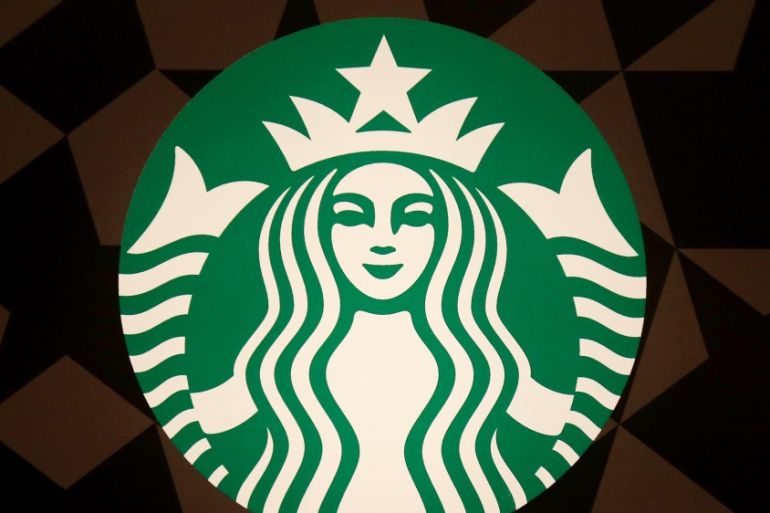Starbucks wins, Fiat loses in EU tax fights
Both cases were part of Margrethe Vestager’s crackdown on unlawful tax breaks offered by EU countries to multinationals.

Starbucks has won its fight against a demand from the European Union to pay up to 30 million euros ($33m) in Dutch back taxes, while Fiat Chrysler Automobiles lost its challenge against an order to stump up a similar amount to Luxembourg.
Both cases were part of European Competition Commissioner Margrethe Vestager‘s crackdown on unlawful tax breaks offered by EU countries to multinationals, which has also extended to an Apple deal in Ireland and an Amazon deal in Luxembourg, among others.
Keep reading
list of 4 itemsSpanish prosecutors accuse Real Madrid manager Carlo Ancelotti of tax fraud
‘Nothing left’: Indonesia’s tourism industry fears wipeout under tax hike
Why is President Ruto in a row with Kenya’s judiciary? A simple guide
The judgments show that the General Court, Europe’s second-highest court, in general endorses the European Commission’s methodology in its tax crackdown but stipulates the commission must do its homework properly to prove its case – potentially a bad omen for Apple fighting a record 13-billion-euro tax order ($14.3bn).
It is an important legal victory for the commission, said Dimitrios Kyriazis, head of the law faculty at New College of the Humanities, London.
“Regardless of the outcome of individual cases, the general court seems to have sanctioned the commission’s approach,” he said.
In Starbucks’ case, the EU competition enforcer failed to show that the United States coffee chain benefitted unfairly from the Dutch tax deal, the court said.
“The commission was unable to demonstrate the existence of an advantage in favour of Starbucks,” judges said.
The Dutch finance ministry said the judgment showed that the multinational was treated the same as other companies.
Starbucks also welcomed the ruling, saying it had not received any special tax treatment from the Netherlands and that it “pays all of its taxes wherever they are due”.
‘Illegal advantage’ for Fiat Chrysler
In a separate ruling, the court upheld the commission’s decision against Fiat’s Luxembourg’s tax deal, saying that the commission had applied its state aid rules correctly to assess if there was an illegal advantage and was not seeking to harmonise tax rules across the bloc, an argument cited by critics.
Luxembourg said it would analyse the judgment and reserved all its rights. Fiat Chrysler Finance Europe said it was disappointed with the judgment and was considering its next steps, adding that the matter was not material to the group.
Vestager said the court endorsed the commission’s approach in using state aid rules in tax cases, adding however that a more comprehensive strategy was needed to tackle tax avoidance.
“The ultimate goal that all companies pay their fair share of tax can only be achieved by a combination of efforts to make legislative changes, enforce state aid rules and a change in corporate philosophies,” she said.
The commission in its 2015 decisions said Starbucks and Fiat Chrysler set prices for goods and services sold between subsidiaries, known as transfer prices, that were below market rates and which artificially lowered their taxes.
The losing side can appeal to the Court of Justice of the European Union on points of law.
Luxembourg, the Netherlands and Ireland are among countries whose economies have benefitted from attracting multinationals. They have amended their tax regimes in recent years following the EU tax drive.
The European Commission is currently investigating Dutch deals made by Ikea AB and Nike Inc’s Huhtamaki Oyj’s Luxembourg tax ruling.